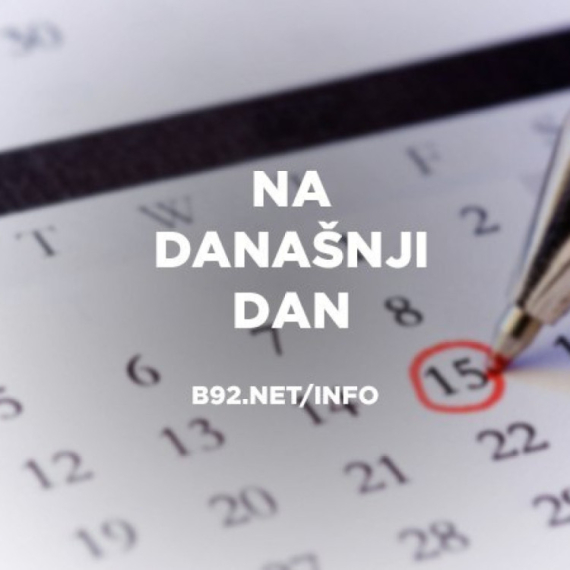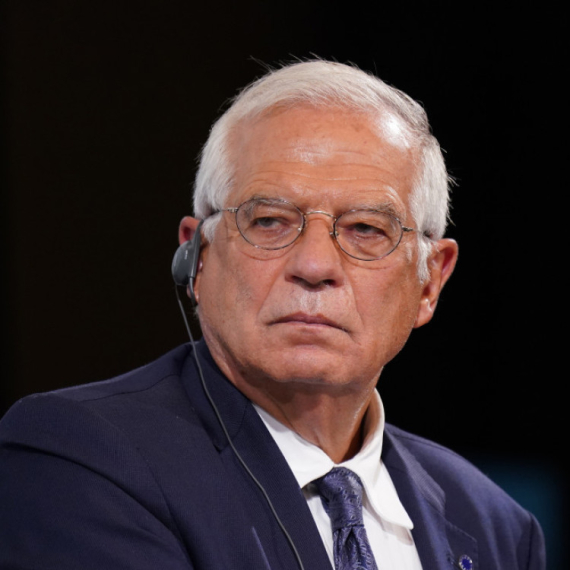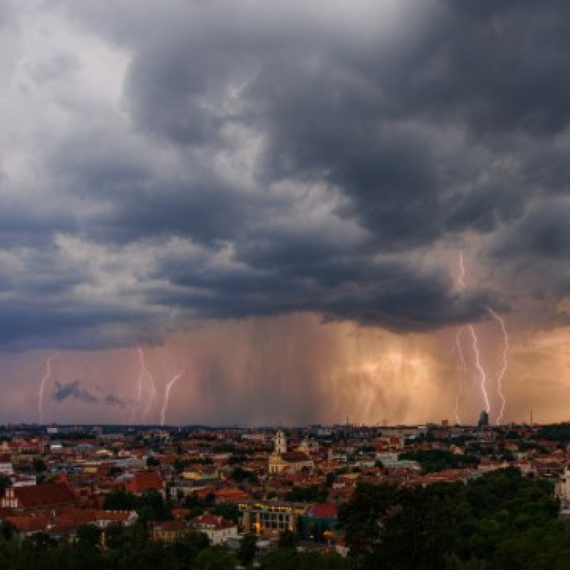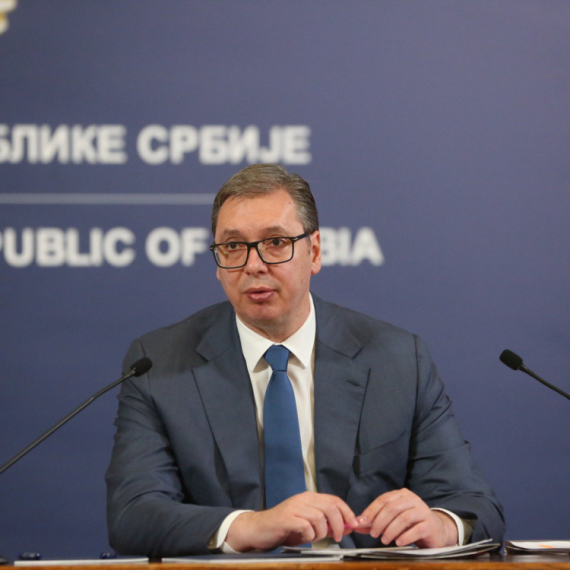Cvetković: New standby deal with IMF
Prime Minister Mirko Cvetković says that a classic stand-by arrangement will be reached when the IMF mission comes to Serbia.
Tuesday, 03.03.2009.
09:47

Prime Minister Mirko Cvetkovic says that a classic stand-by arrangement will be reached when the IMF mission comes to Serbia. At the opening of the Business Forum in Kopaonik, Cvetkovic explained that the IMF mission would come to Serbia in March instead of May, when, after a detailed analysis, an agreement is due to be reached about adapting the existing arrangement into a classic stand-by arrangement “for the sake of precaution”. Cvetkovic: New standby deal with IMF According to him, the arrangement foresees an increased Serbian budget deficit from the envisaged 1.75 percent GDP by about one percentage point or even more, though this will also entail reduced spending. The prime minister said that the budget deficit would be covered “not through domestic borrowing” but through international credit, and that Serbia would seek macro-financial assistance from the EU. He said that the original planned economic growth of 3.5 percent would be “considerably downgraded.” Cvetkovic added that he planned to expand the Economic Council, which currently has five economists, to include representatives of economic associations. The prime minister said that the budget contained guarantees worth about EUR 426.3mn for protecting the stability of the banking sector if necessary. He explained that the second crisis wave was expected to hit the banking sector most because of the lack of industrial solvency, but that the “government will do everything to protect the viability of the banking sector,” and announced the adoption of a supplementary bail-out package, which should be “available in the next month.” Mirko Cvetkovic (FoNet, archive) Serbia to seek more IMF funds National Bank of Serbia Governor Radovan Jelasic says that negotiations with the IMF for a new credit arrangement of USD 2.5bn will be held in mid-March. Jelasic said that the loan Serbia received two months ago from the International Monetary Fund (IMF) of USD 400mn “has not yet been withdrawn,” noting that Serbia had declined the offer of added funds back then, as it had not been necessary at the time. “The economic situation has since worsened, as economic activity has fallen, as have imports, translating to less income from customs based on VAT. So now, like many other countries, we will have to renegotiate new loan funds,” said Jelasic, speaking to public broadcaster RTS.
Cvetković: New standby deal with IMF
According to him, the arrangement foresees an increased Serbian budget deficit from the envisaged 1.75 percent GDP by about one percentage point or even more, though this will also entail reduced spending.The prime minister said that the budget deficit would be covered “not through domestic borrowing” but through international credit, and that Serbia would seek macro-financial assistance from the EU.
He said that the original planned economic growth of 3.5 percent would be “considerably downgraded.”
Cvetković added that he planned to expand the Economic Council, which currently has five economists, to include representatives of economic associations.
The prime minister said that the budget contained guarantees worth about EUR 426.3mn for protecting the stability of the banking sector if necessary.
He explained that the second crisis wave was expected to hit the banking sector most because of the lack of industrial solvency, but that the “government will do everything to protect the viability of the banking sector,” and announced the adoption of a supplementary bail-out package, which should be “available in the next month.”
Serbia to seek more IMF funds
National Bank of Serbia Governor Radovan Jelašić says that negotiations with the IMF for a new credit arrangement of USD 2.5bn will be held in mid-March.Jelašić said that the loan Serbia received two months ago from the International Monetary Fund (IMF) of USD 400mn “has not yet been withdrawn,” noting that Serbia had declined the offer of added funds back then, as it had not been necessary at the time.
“The economic situation has since worsened, as economic activity has fallen, as have imports, translating to less income from customs based on VAT. So now, like many other countries, we will have to renegotiate new loan funds,” said Jelašić, speaking to public broadcaster RTS.



















































Komentari 0